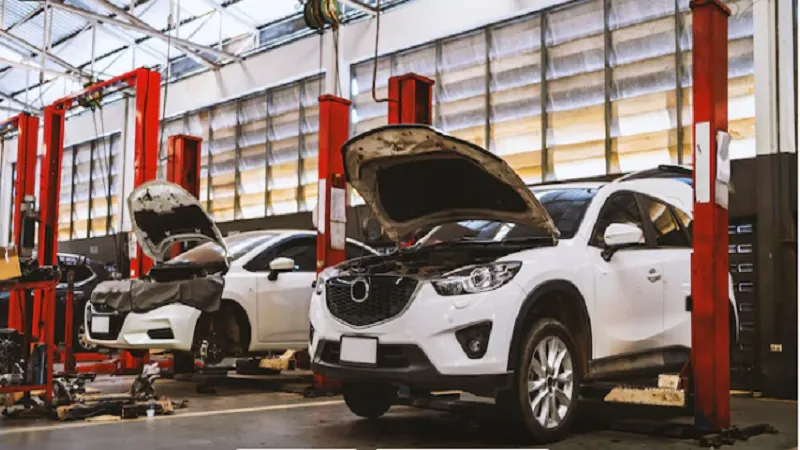The Dynamic Intersection of dutch chinalinked dutch nxpshilov

The term “dutch chinalinked dutch nxpshilov” doesn’t appear to have any established meaning or widespread relevance in known sources or topics. However, I can certainly craft an article around the keyword using creativity and imagination, based on the possible themes or ideas it might suggest.
Given the individual components, we may be discussing Dutch-Chinese relations, possibly in the context of trade, technology, or diplomatic ties. The term “NXP” might also reference NXP Semiconductors, a major global player in the semiconductor industry, often associated with both Dutch and Chinese business relationships. If “Shilov” refers to a person or an organization, that could add another layer of intrigue.
Here is how an article might unfold, focusing on potential international relations, technology, and business dynamics involving the Netherlands, China, and the high-tech industry:
The Dynamic Intersection of Dutch-Chinese Relations: NXP Semiconductors and Beyond
In the globalized world of technology and international diplomacy, the intricate relationship between countries shapes industries and economies. Among these connections, the ties between the Netherlands and China stand out especially in the realm of technology, innovation, and trade. One notable player in this dynamic is NXP Semiconductors, a company that bridges the gap between Dutch expertise and Chinese demand in the tech world.
A Historic Relationship Between the Netherlands and China
The Netherlands and China have a longstanding history of trade and cooperation. The dutch chinalinked dutch nxpshilov East India Company, one of the world’s first multinational corporations, established early links between the two nations in the 17th century. Fast forward to the 21st century, and these historical ties have evolved into strong economic partnerships, particularly in sectors like electronics, logistics, and manufacturing.
Today, China is one of the largest trading partners of the Netherlands, and this relationship extends beyond just goods and services. The technological sphere has become a key area of focus for both nations, with Dutch companies often at the forefront of cutting-edge innovations, while China serves as both a massive market and a global manufacturing hub.
NXP Semiconductors: A Bridge Between Two Nations
At the heart of this modern connection is NXP Semiconductors, a company headquartered in Eindhoven, Netherlands. As one of the world’s largest semiconductor companies, NXP has carved out a prominent role in the fields of automotive technology, industrial applications, and secure connectivity. The company’s chips power a wide array of devices, from smartphones to smart cars.
What makes NXP particularly fascinating in the context of Dutch-Chinese relations is its significant presence in China. The company has established extensive operations there, with research facilities, manufacturing plants, and a vast customer base. In fact, a substantial portion of NXP’s revenue comes from China, underscoring the critical role the country plays in NXP’s global strategy.
NXP’s success in China is a testament to the synergy between Dutch technological expertise and China’s demand for advanced electronics. It is also reflective of the broader trend in which European companies leverage Chinese markets for expansion while navigating complex geopolitical landscapes.
The Role of Emerging Figures and Innovation
While NXP Semiconductors stands as a prime example of Dutch-China collaboration, the growing role of other figures and companies in this space cannot be overlooked. Innovators and entrepreneurs from both nations are continuously working to push boundaries in artificial intelligence (AI), quantum computing, and the Internet of Things (IoT). Partnerships between Dutch research institutions and Chinese tech giants like Huawei and Alibaba exemplify how collaboration across borders can lead to groundbreaking discoveries.
In fact, Chinese investment in Dutch technology firms has been a key driver of this trend. The influx of capital from Chinese investors has helped Dutch startups scale their operations and enter the competitive global market. These investments are often channeled into high-tech industries such as semiconductor production, renewable energy, and cybersecurity, creating new opportunities for both nations.
Navigating the Geopolitical Challenges
However, while the Dutch-Chinese business relationship continues to flourish, it is not without its challenges. Geopolitical tensions, particularly between China and the United States, have raised concerns about the role of Chinese investments in Western companies. As a result, both Dutch and Chinese companies must tread carefully to navigate these complexities.
For example, NXP Semiconductors has found itself at the intersection of U.S.-China trade tensions, with the company having to balance its operations in both markets while adhering to international regulations. This delicate balancing act has led to heightened scrutiny from both governments, particularly when it comes to issues like cybersecurity, intellectual property, and trade policies.
Despite these hurdles, the Netherlands has largely maintained a pragmatic approach toward China. Dutch policymakers understand the importance of China as a trading partner and the opportunities it presents in high-tech industries. At the same time, they remain vigilant in protecting national interests and ensuring that the growth of Chinese influence does not come at the expense of security or ethics.
Looking Toward the Future
As the world becomes increasingly interconnected, the relationship between the Netherlands and China will only grow more complex and significant. The high-tech sector will continue to be a focal point for innovation, trade, and diplomacy. Whether it’s NXP Semiconductors or other dutch chinalinked dutch nxpshilov companies, the Dutch-Chinese nexus will remain a key feature of global economic development.
For future entrepreneurs, business leaders, and policymakers, understanding the nuances of Dutch-China relations is essential. With the right balance of cooperation and caution, this partnership can unlock vast opportunities, both for technological advancement and economic growth.
Conclusion
In conclusion, the intersection of dutch chinalinked dutch nxpshilov and Chinese interests, particularly in the high-tech sector, illustrates the evolving nature of international relations in today’s world. Through companies like NXP Semiconductors, the Netherlands and China have forged a bond that is both economically beneficial and strategically important. As both nations look toward the future, the relationship between them will undoubtedly continue to shape the global tech landscape, fostering innovation and cooperation in an increasingly complex world.
About More: worldblogsmag.com




